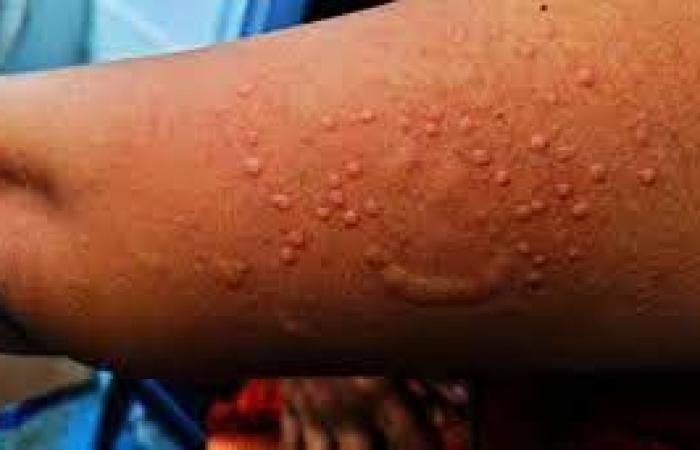School-age children, aged 5 to 19, now account for 33 percent of Mpox cases in Burundi, posing a new challenge as families prepare for the school year, UNICEF said on Wednesday.
“The increasing number of smallpox cases among children in Burundi, including children under five, is very worrying, and their protection is our top priority,” said France Bégin, UNICEF Representative in Burundi.
“Furthermore, it is essential to ensure that all children can return to school safely in the midst of this outbreak. Our teams are working closely with the Ministry of Education to implement health measures in schools, protect students and avoid further disruption to education,” he continued.
Since the first confirmed case on 25 July 2024, Burundi has reported 564 cases of smallpox, 62.9% of whom are under 19 years of age, and over 1,576 suspected cases. There have been 1,774 alerts in 34 of the country’s 49 health districts, with the three health districts of Bujumbura being the epicenter of the outbreak.
Vulnerable children and communities have borne the brunt of a smallpox outbreak that is spreading across East and Southern Africa. As more than 3 million Burundian children return to school starting 16 September 2024, UNICEF and the Government are stepping up efforts to ensure they can attend school safely amid the smallpox outbreak.
As a leading partner in education and emergency preparedness, UNICEF is providing technical support to the Ministry of Education to prevent the spread of smallpox in schools and help affected children reduce the risk of dropping out of school.
These include addressing community concerns, training staff to identify early symptoms of smallpox and refer students for care, strengthening hand hygiene, and providing essential resources to ensure safety and maintain the momentum of education.
UNICEF is appealing for $58.8 million to address the growing smallpox crisis in six African countries, including Burundi, where children are most affected.
The response aims to stop transmission, protect children and ensure essential services continue. This includes coordinating with health authorities and partners, promoting vaccination, improving infection control and providing mental health support. UNICEF is also working to combat stigma, support families in isolation centres and maintain essential services such as education and health care during the outbreak.
WN/as/fss/Sf/te/APA






